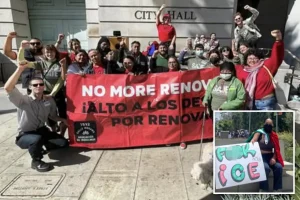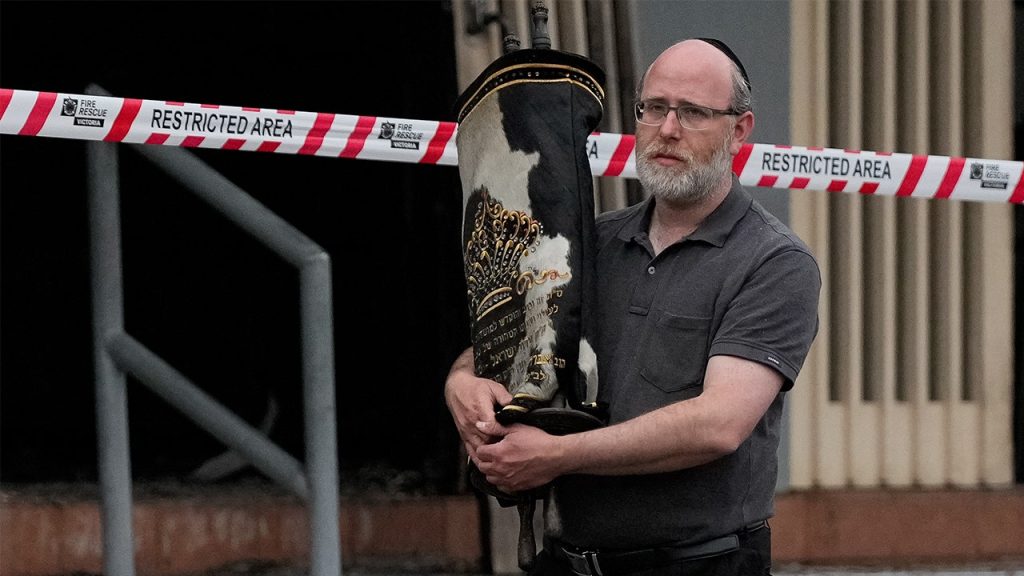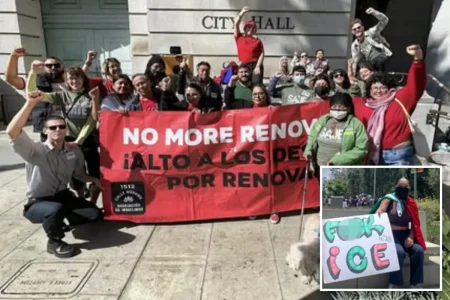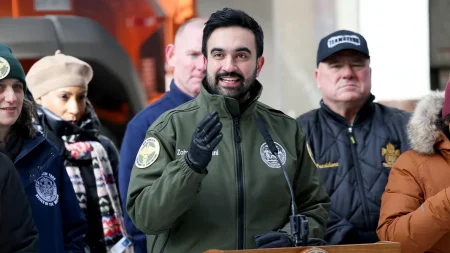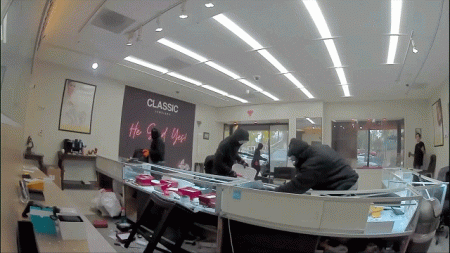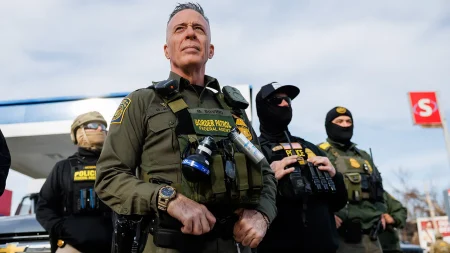The Horrific Reality of Kinocide: Hamas’s War on Families
The October 7th Hamas attack on Israel was not just a brutal act of terrorism; it was a calculated assault on the very fabric of human society – the family. A new report from the Civil Commission on October 7th Crimes Against Women and Children introduces the term "kinocide" to describe this unprecedented atrocity. Kinocide, as defined by the report, goes beyond traditional warfare by systematically targeting and destroying families. The report details the horrific accounts of families torn apart, children orphaned, and parents murdered in front of their loved ones. The term, coined to capture the gravity of this crime, underscores the methodical and intentional nature of Hamas’s actions. Dr. Elkayam-Levy, quoted in the report, poignantly describes kinocide as "a crime without a name for victims without a voice." This horrific reality emphasizes the urgent need for the international community to recognize and condemn this distinct form of barbarity. The deliberate destruction of families represents an attack not only on individuals but on the fundamental building blocks of society.
From Academia to Activism: The Fight Against Antisemitism
Parallel to the horrors of kinocide, the newsletter highlights a disturbing instance of antisemitism within the academic world. A Columbia University professor, Joseph Massad, who previously lauded the Hamas attacks, is scheduled to teach a course on Zionism. This raises serious concerns about the potential bias and objectivity of his instruction. The course description, while seemingly neutral, raises questions about the professor’s ability to present a balanced perspective, given his public pronouncements. This incident underscores a broader concern about the insidious presence of antisemitism in intellectual circles. Simultaneously, families of Israelis held hostage by Hamas continue their desperate plea for their loved ones’ return. A rally in Central Park saw these families calling on both President Biden and President-elect Trump to prioritize the hostages’ release. Their pleas, encapsulated in the slogan "Seize the opportunity, seal the deal, and bring the hostages home," highlight the agonizing uncertainty and fear these families endure. The juxtaposition of these events – kinocide, academic antisemitism, and the hostage crisis – paints a grim picture of the complex challenges facing the Jewish community and the urgent need for action on multiple fronts.
Misinformation and Media Bias: Inflated Casualty Numbers
The newsletter also addresses the issue of media bias and misinformation surrounding the conflict, particularly regarding casualty figures. A recent report reveals a systematic pattern of inflated casualty numbers reported by the Hamas-run Gaza Ministry of Health. The report indicates that the vast majority of media outlets, a staggering 98%, relied on these figures without proper scrutiny. This uncritical acceptance of potentially inaccurate information raises serious concerns about journalistic integrity and the potential to manipulate public perception. The report contrasts this with the mere 5% of media outlets that cited Israeli figures, suggesting a potential imbalance in reporting. This disparity highlights the need for media outlets to exercise due diligence in verifying information, especially from sources with vested interests. The propagation of inaccurate data can inadvertently fuel misinformation and exacerbate tensions, underscoring the importance of responsible and balanced reporting in conflict zones.
Learning from Past Mistakes: Combating Anti-Jewish Hate
The newsletter features a guest editorial by Alex Ryvchin, CEO of the Executive Council of Australian Jewry, who offers a cautionary tale to Americans. He emphasizes the importance of proactively addressing anti-Jewish hate, drawing from Australia’s experience with the insidious normalization of such prejudice. Ryvchin’s warning serves as a valuable lesson, urging vigilance and prompt action against all forms of antisemitism. He encourages Americans to learn from Australia’s mistakes and take decisive steps to prevent the normalization of anti-Jewish hate. This call to action underscores the importance of recognizing the subtle signs of prejudice and actively combating them before they escalate into more overt forms of discrimination and violence. By heeding this advice, societies can work towards creating a more inclusive and tolerant environment for Jewish communities.
Confronting Antisemitism: A Multifaceted Challenge
The "Antisemitism Exposed" newsletter paints a stark picture of the diverse forms of anti-Jewish sentiment, ranging from the horrific acts of kinocide to the more subtle but equally dangerous instances of bias in academia and media reporting. It highlights the need for a multi-pronged approach to combat antisemitism. This includes recognizing and condemning kinocide as a distinct crime against humanity, holding perpetrators accountable, and demanding accurate and unbiased reporting from media outlets. It also requires addressing antisemitism within educational institutions and fostering open dialogue and education about Jewish history and culture.
The Urgent Need for Action: Protecting Families, Combating Hate
The newsletter’s focus on kinocide underscores the barbaric nature of Hamas’s actions, highlighting the deliberate targeting of families as a tool of war. This unprecedented act of cruelty demands international condemnation and calls for measures to protect families in conflict zones. Beyond condemning acts of violence, addressing the root causes of antisemitism requires a long-term commitment to education, dialogue, and fostering empathy. The call for action extends to individuals, institutions, and governments to actively combat hate speech, promote understanding, and safeguard the rights and safety of Jewish communities worldwide. By recognizing the multifaceted nature of antisemitism and taking concrete steps to address it, societies can work towards creating a more just and tolerant world.


